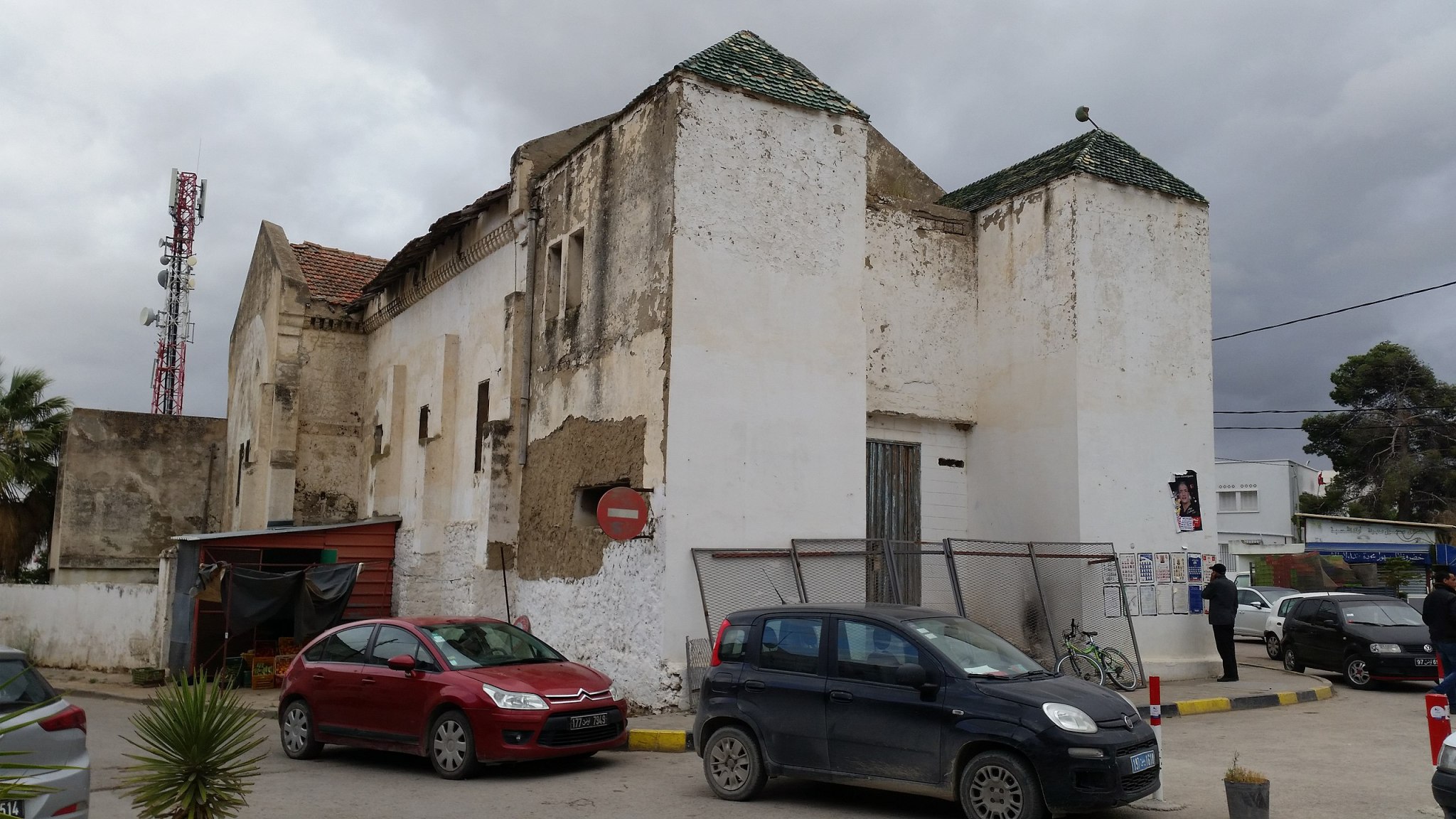
Civil society plays a pivotal role in democracies by serving as a liaison between citizens and their government. It advocates for citizens’ needs, while monitoring the government and holding it accountable. The strength of a country’s democracy can often be measured by the strength of its civil society. IRI’s Middle Eastern Regional Civic Initiative (MERCI) supports nascent and intermediate organizations across the Middle East to strengthen their capacity toward building strong and sustainable democracies. The MERCI team is conducting a series of interviews highlighting its work and its beneficiaries’ experiences and success stories.
The following is an interview with Tarek Toukebri, the President of Houmetna Association. The association is a local non-governmental organization (NGO) in Beja, Tunisia, created in 2014. It aims to foster a sense of citizenship among Tunisian youth by linking citizens and local authorities.
Disclaimer: this interview was conducted in Arabic. The following is a translation of the interview.
Tell me about your involvement in the MERCI program?
I have been involved with the MERCI project for over a year now and attended almost all the activities held by the MERCI team. I, along with two of my colleagues attended the training sessions on project management, monitoring and evaluation (M&E), communication, strategic planning, and advocacy, as well as virtually attending the business development training conducted by the external trainer. Also, my organization participated in the Public Private Partnerships training (PPP). In addition, Humentna Association attended the social hours organized by MERCI, gathering multiple CSO activists from different countries in MENA to discuss different topics, such as cooperation with local authorities, and how CSOs were able to continue their work in light of COVID-19.
What is one highlight from your participation in the MERCI program?
We benefited a lot from the MERCI trainings and support. To name some, the tri-sector partnership training made us realize that partnerships can also be done with the public sector.
IRI’s MERCI strategic planning and communication training strengthened our skills as an organization and enabled us to incorporate them in our work. During the same training, we also learned that advocacy cannot be successful or effective when done by one CSO. Instead, the training encouraged us to create partnerships with other CSOs that share similar goals as us.
Also, during the business development training, we learned how to identify and contact relevant stakeholders.
Did you implement anything that you learned from MERCI in your CSO work? What did you do? Was it successful?
During the tri-sector partnership training, I learned how my CSO can be involved with lobbying and the public sector, which is not something we are used to in our work. So, from the training, we got the idea to start a project to renovate Saint Augustine’s Church, a hundred-year-old church in Beja that is not used and is kind of abandoned, and turn it into a social hub. As a social hub, the space would be used to host meetings between youth, including entrepreneurs and government officials, to increase communication and collaboration between each stakeholder group and address youth’s indifference to public life. This place will be called “the House of Mejaz el Bab.”
We always thought about this church’s potential, and we saw something like this in Belfast when we visited. However, we never thought that the idea of taking something from the government was possible.
After the training, we realized that a partnership between a CSO and the government is possible. The first step we did was to sign a partnership agreement with the Municipality of Mejaz-el Bab to implement the vision we had for the church.
In addition, there are about 150 CSOs in Beja, and while most of them are not active, Houmetna Association reached out to different organizations to create a civil society cohort of organizations united in a common vision to advocate for the renovation of Saint Augustine’s Church.
What is your organization doing now? What’s next?
After signing the agreement with the municipality, and by moving forward, we found many challenges to deal with. Since the church is over one hundred years old, it is technically considered cultural heritage, and therefore we need to consult with the Ministry of Culture, as well as the Ministry of State Property.
We are holding meetings with ministries, and at the same time, we identified a potential funder for this initiative who is interested in funding us. Our CSO will keep knocking on doors and pushing for this project.
—
The MERCI project is funded by the Department of State’s Middle East Partnership Initiative (MEPI).
Top